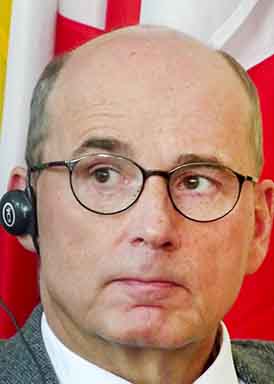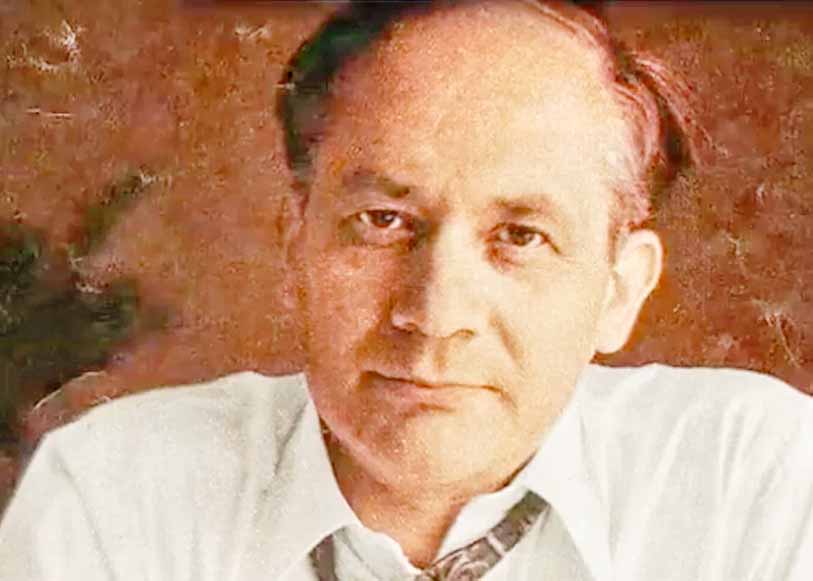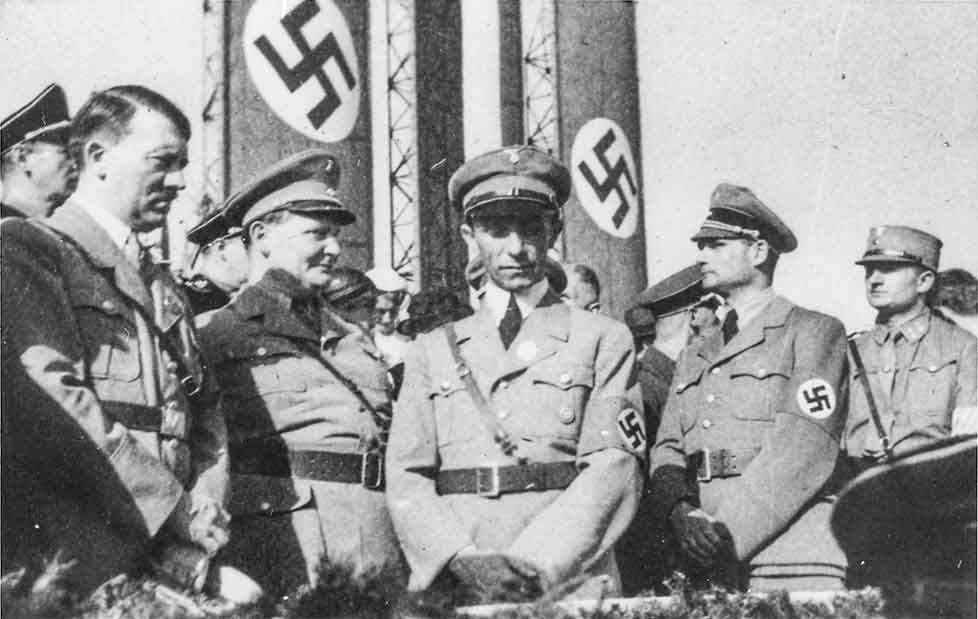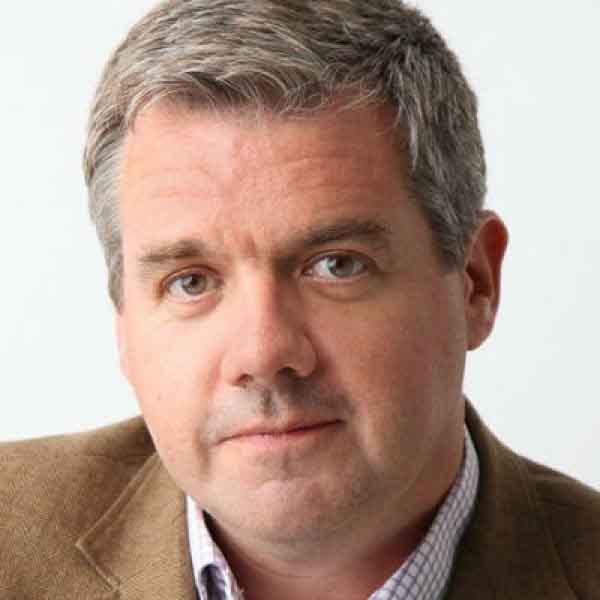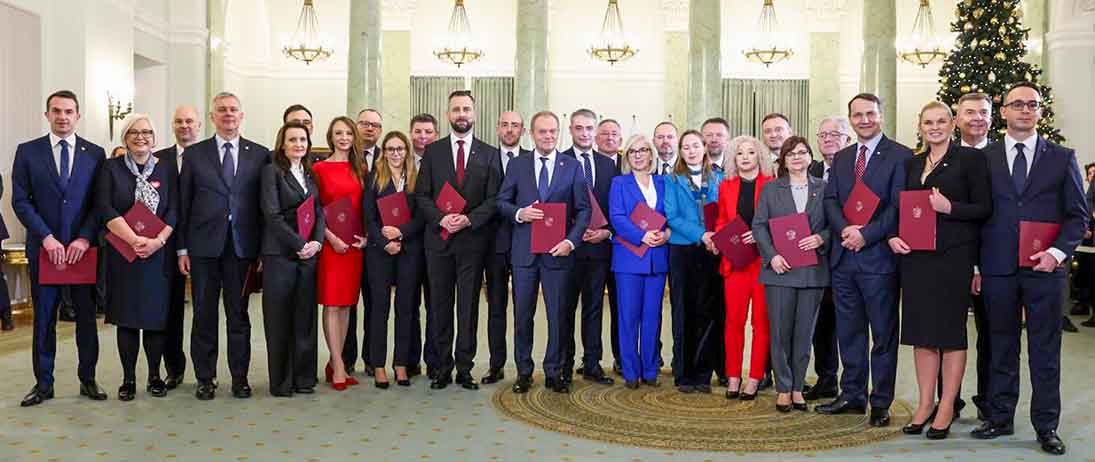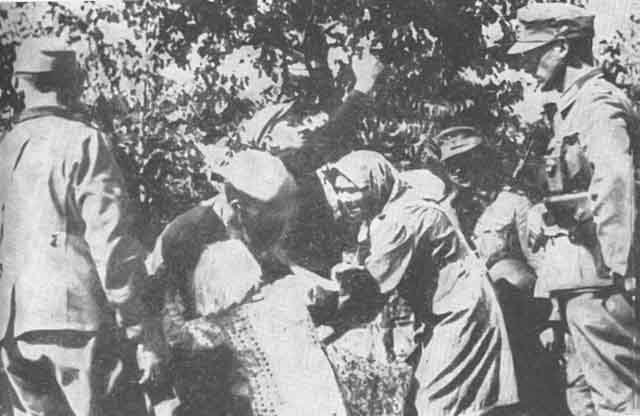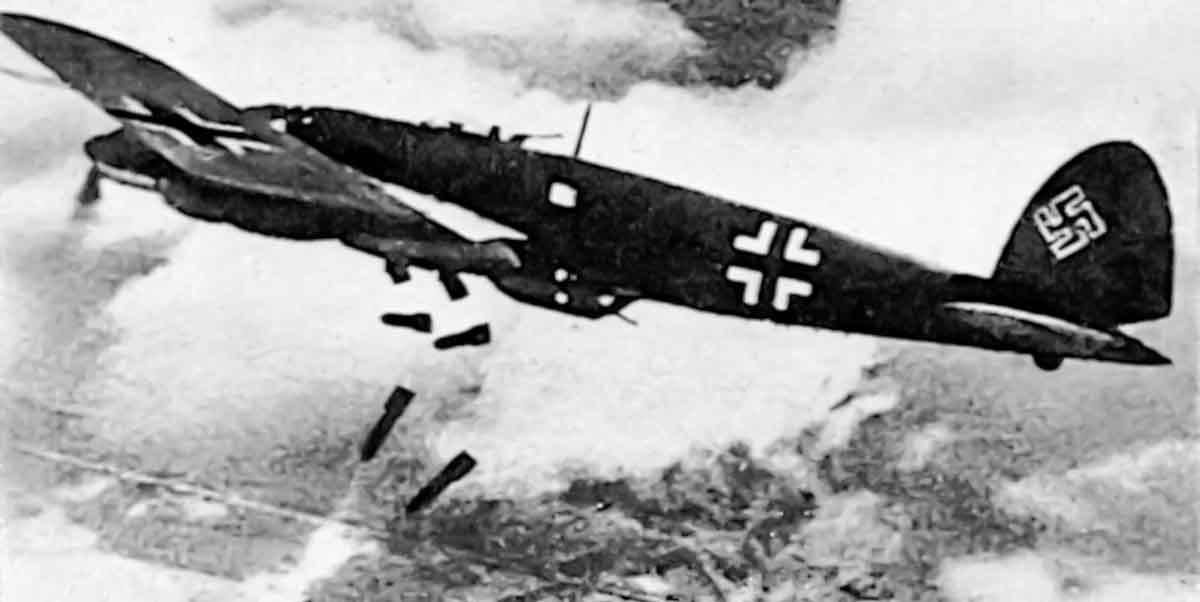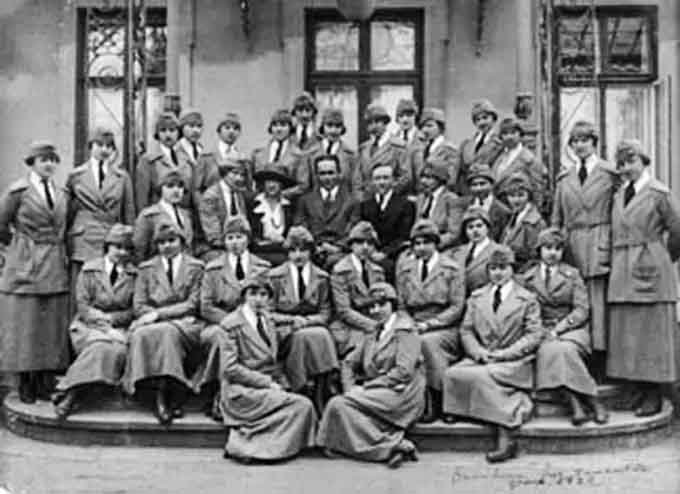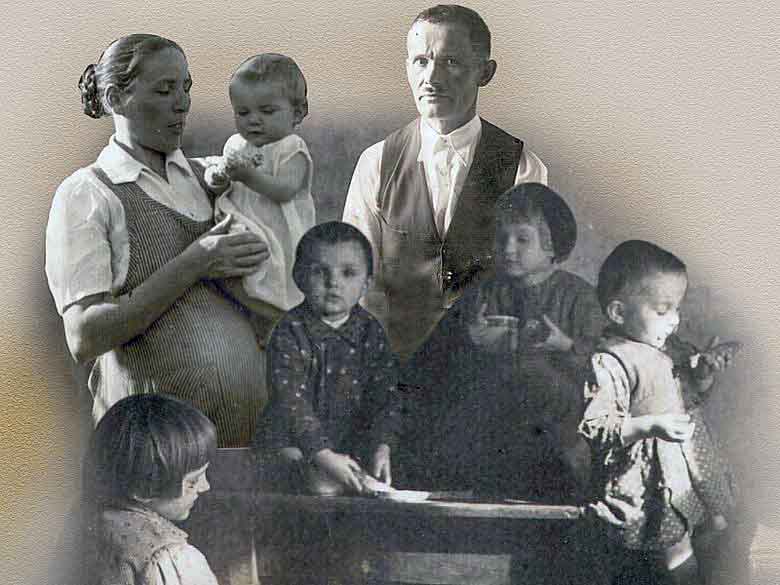On September 10, 2023, a Polish family, consisting of a husband, wife and their seven small children, was declared blessed. These are Józef and Wiktoria Ulma, who, together with all their children, were shot in March 1944 in the yard of their house in the Polish village of Markowa, today located on the border of Poland and Ukraine. Their only fault was that for a year and a half they hid and fed two Jewish families in their house, thus violating German law, which in German-occupied Poland required every Jew to be handed over to the authorities so that they could immediately kill him or her.
It was never established who reported to the German authorities that the Ulma family did not comply with this law. In any case, the gendarmes who arrived in Markowa actually found the presence of eight Jews in the Polish house, so they killed both Jewish families on the spot as outlaws. Then they shot Józef and Wiktoria Ulma, and then (as one of the witnesses said) they wondered for a while what to do with their numerous children. Apparently, however, they came to the conclusion that "in order for the village not to have trouble with them", it was better to kill them all. The main torturer - German lieutenant Eilert Dieken, who commanded the execution - was not even a member of Hitler's NSDAP party (Nationalsozialistische Deutsche Arbeiterpartei, National Socialist German Workers' Party, a.k.a. the Nazi Party), so, after World War II, he served in the police of democratic West Germany as an "ordinary German" and died many years later, surrounded by his family and the respect of his German neighbors.
The historical circumstances of that event are often forgotten or distorted. In the summer of 1941, after Hitler's invasion of the Soviet Union, the Germans decided to be the first to exterminate Jews who had been living for centuries in the vast areas of the occupied Polish state. Mass executions of entire Jewish towns and villages began from the eastern borderlands of the country, and soon the first extermination camps were established in Bełżec, Sobibór and Treblinka, located in the then center of occupied Polish territory. Soon, however, the occupiers noticed that the conquered nations began to understand the full horror of the new German policy, and thanks to the help of Poles, Belarusians, Ukrainians - who were citizens of the occupied Polish state - more and more Jews managed to find salvation.
The German authorities then decided that the extermination of all European Jews on Polish territory, planned in January 1942 (during the infamous conference of the German government in Wannsee), would not be successful unless non-Jewish citizens of the occupied country were also terrorized. Therefore, in October 1941, German Governor Hans Frank established an exceptional law ordering the death penalty for anyone who showed any help to outlawed Jews. But even this level of terror also turned out to be ineffective, because in the following year, 1942, the punishment was extended to anyone who did not report to the authorities about a known case of someone else helping a Jew.
I don't think anyone has ever introduced laws that would punish cases of basic human kindness with death: giving bread, or providing shelter. Even the Germans themselves did not impose such laws anywhere outside Poland. But occupied Poland still had its Home Army and its underground authorities in hiding, fighting the Germans . They, in turn, appealed to the inhabitants not to submit to the German orders, despite extreme terror, which was intended to surround the Jews and force all citizens to participate in some form of genocide. The Polish underground authorities even created a special institution called the Council to Aid Jews, which enabled thousands of Jews to obtain housing, false documents and money necessary to survive.
A thorough researcher of that history, Professor Grzegorz Berendt from Gdańsk, sadly states that due to such laws established by the Germans, there were only "relatively few" people who decided to help Jews. Berendt estimates this number (in a country with over thirty million inhabitants) at several tens of thousands, mainly Poles, but also Ukrainians and Belarusians who are Polish citizens. Ten thousand of them are known today by name and surname, mainly thanks to the accounts of Jews who survived with the help of these extraordinary people. Seven thousand have their honorary tree in the Yad Vashem museum in Jerusalem. And among the surviving Jews there are those like Mrs. Stella Zylbersztajn, who managed to survive because she received help from almost sixty Poles.
In the understanding of Christians, declaring someone "blessed" means recognizing their holiness. So a Christian can now pray to Joseph, Victoria, and each of their seven children, or turn to God through their spiritual intercession. Their paintings and figures will soon stand on the altars of many temples, and probably not only in Poland. And we must remember that martyrs are saints of a special kind, and not only in the Christian tradition. The idea has been deeply rooted in the entire human civilization since time immemorial, according to which martyr's death is a justification for their life, and a person who gives their life as a result of radically practicing love for another person is a figure of a hero, a master, a saint.
It is Socrates (as Plato showed us in the Phaedo) who discovers the truth that willingness to die in the name of justice is the strongest and final proof of the value of our lives. And the Founder of Christianity added to this the teaching that "there is no greater love than to lay down one's life for one's friends." As clearly shown by the testimonies collected during the so-called beatification process, the Ulmas were a devoutly Christian family and led an honest, hard-working and pious life. They probably knew well the German law that sentenced people to immediate death for helping a Jew, especially since the occupation authorities loudly announced it every day, also publishing lists of Poles who had already been executed for this reason. And yet, consciously, for a long year and a half, they took the risk of death every day in the name of the commandment to love their neighbor.



